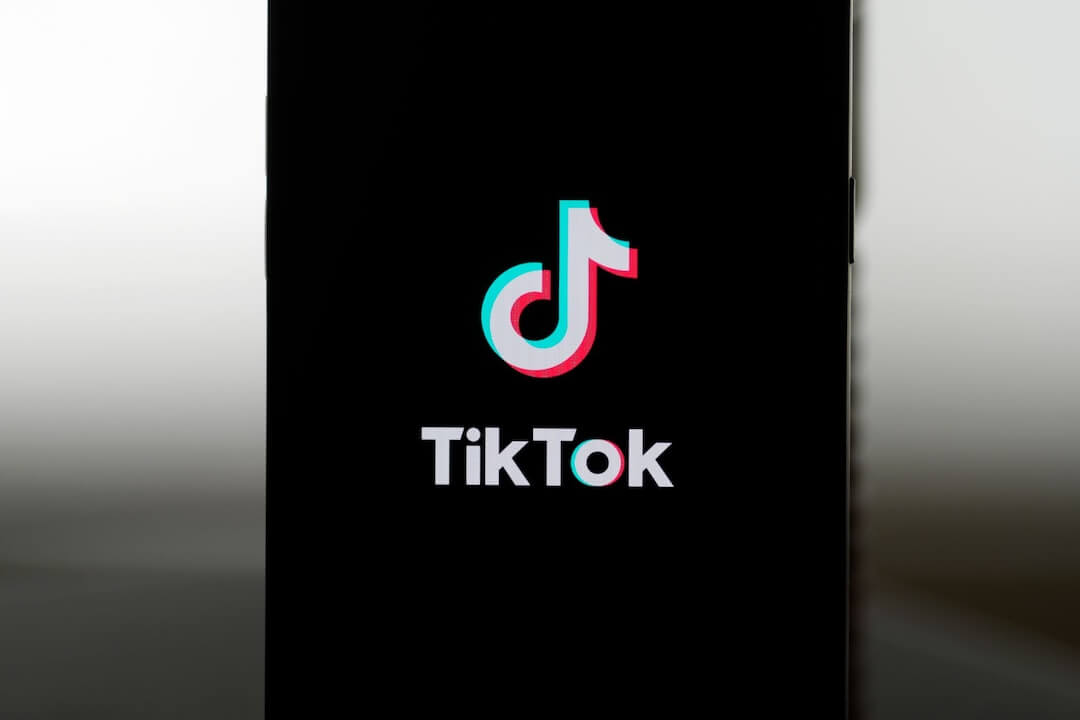Paul Krugman called it “The Post-Truth Campaign.” Farhad Manjoo said we lived in a “post-fact society.” Author David Sirota welcomed us to the “post-factual era.”
If you are following media coverage of the U.S. presidential campaign or the aftermath of the Brexit referendum, you can’t have missed headlines like these. This is apparently the year when facts, unloved and marginalized, have finally been banished from the political sphere.
Except none of the headlines above are from this year: Krugman’s article was penned in 2011, Manjoo’s book published in 2008, Sirota’s blog posted in 2007. A couple of years before that, Stephen Colbert was popularizing the term “truthiness.”
Ronald Reagan also seemed unabashedly “post-truth” when, almost 30 years ago, he apologized for misleading the public on the Iran-Contra affair by arguing that “my heart and my best intentions still tell me that’s true, but the facts and the evidence tell me it is not.”
My suspicion is that at any moment in history we can find complaints about politicians vandalizing our understanding of reality. In 2012, Brooks Jackson — who, as founder of Factcheck.org, has seen his fair share of fact-light campaigns — quoted a classics scholar to note that lying to the public was popular already with orators in Ancient Greece.
And yet, in recent weeks, the dawn of the “post-fact” age has been heralded on the pages of The Washington Post, The Guardian, the Financial Times and Vox. “Post-truth” headlines have been penned not just in Britain and America but also in South Africa, India and New Zealand. What is going on?
To some extent, “post-fact” is a coping mechanism for commentators reacting to attacks on not just any facts, but on those central to their belief system. When the political realities are as alien to a liberal-cosmopolitan worldview as Donald Trump’s candidacy or Brexit, it can be easier to explain them away by painting 2016 as an apocalyptic “post-truth” era where people are just not getting the importance of facts.
This is not to say there are no grounds to worry. This has clearly been an acrimonious year for politics on both sides of the Atlantic. Facts are getting a thorough shellacking by campaigns which don’t think they matter to the electorate. In the UK, a key donor for the “Leave” campaign said as much, while a supporter of Donald Trump called fact-checking an “out-of-touch, elitist media-type thing” (even that has echos of 2012).
Perhaps most worryingly, knowledge of key facts on the EU debate was depressingly low in the UK less than a month before the referendum vote.
Yet there is evidence that fact-checking can work and that voters are not completely at loss for the facts.
A 2012 field experiment found that state-level politicians faced with the threat of being fact-checked were less likely to make false claims.
Voter-side, a paper published last fall on the Quarterly Journal of Political Science indicated that much of the partisan divide over basic facts may be more for show than for real.
This does not mean fact-checking is without challenges. These range from the basic human tendency to seek information that confirms our biases to the more recent issue of fact-selective social media echo chambers. I have also argued that TV fact-checking in the United States has to step up its game if it wants to have an impact.
It is nonetheless hard to claim that no one cares about the facts any more when Factcheck.org, PolitiFact and The Washington Post’s Fact Checker are hitting traffic records orders of magnitude above those set during previous presidential campaigns. Or when NPR listeners say fact-checking is the type of political story they are most interested to hear, second only to the actual results on Election Day.
Ironically, we fret about “post-truth” in part because a growing number of fact-checkers are shining a spotlight on politicians’ fibs.
Rather than mourn the death of facts, we should figure out which fact-checking formats work best in correcting politicians and improving the public’s understanding — and pursue those even more aggressively.







